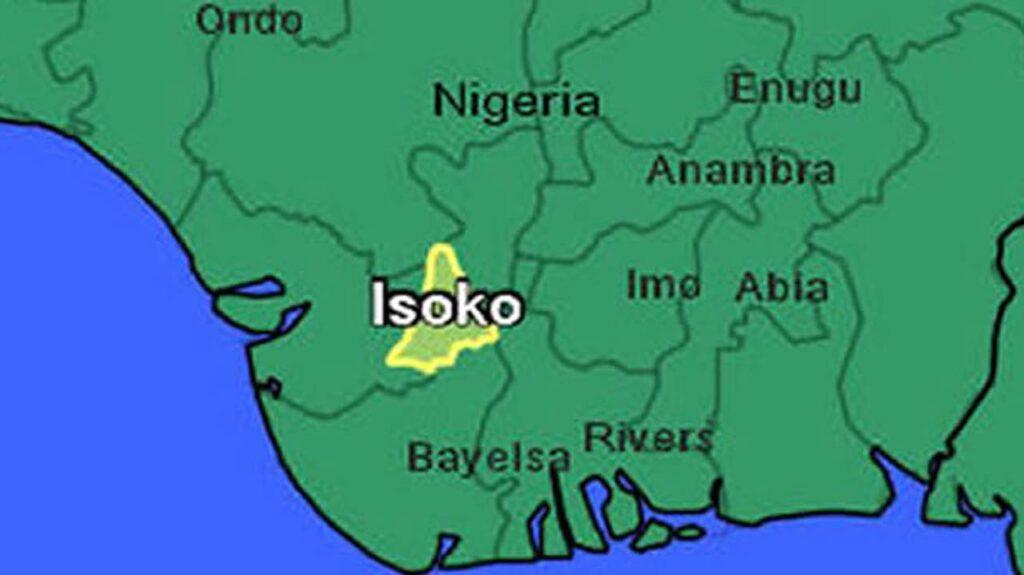For days now, social and mainstream media have been buzzing with outrage from the Isoko ethnic nationality. The trigger? A whopping N230 billion worth of infrastructure projects approved by Governor Sheriff Oborevwori’s administration, with Isoko land painfully left out.
While the Isoko Development Union (IDU), the umbrella body of the Isoko people, is yet to make an official statement, a flood of articles, social media posts, and angry commentaries paint a clear picture: the people feel betrayed.
Let’s rewind a bit. On July 23, the Delta State Executive Council approved massive infrastructure projects amounting to over N230 billion. These include the Agbor flyover pegged at N59 billion, the Asaba and Ughelli flyovers at N39.3 billion, and the Sapele dual carriageway at N35 billion. These projects, the government says, are meant to boost connectivity across Delta North, Central, and South.
The Commissioner for Works (Rural Roads), Charles Aniagwu, announced these during a press briefing in Asaba, calling the Agbor flyover a “game changer.” Awarded to Julius Berger, it will feature two roundabouts and 30-meter-long beams.
Impressive as that sounds, the glaring omission of Isoko communities from the list of beneficiaries has stirred up real anger. How could a people who contributed massively to the victory of the current administration be completely sidelined in what is arguably the biggest project rollout so far?
Other approved projects include roads in Warri North, Patani, Okpe–Sapele axis, and Asaba, with values ranging from N1.4 billion to N5 billion. Even flood control projects in Agbor and Asaba got approvals running into billions, while Isoko, rich in oil and natural resources, was left watching from the sidelines.
The backlash was instant. Isoko social media spaces went red hot. Community leaders, like Barr. Tony Ejumejowo, openly questioned the value of having Isoko sons and daughters in government if such exclusion could happen under their watch.
Read also:
- Knocks, kudos as Delta Govt counters Isoko over N230 Billion project exclusion cry
- Uproar in Isoko as Delta approves N230 Billion projects, ethnic nationality left out
- Tantita’s transparency leads to 81% drop in pipeline vandalism – Isoko group
Instead of calming tensions, the government’s response added fuel to the fire. Mr Aniagwu released yet another press statement titled “Delta Govt Counters Isoko Exclusion Claims with 53 Projects.” He listed 53 projects allegedly spread across Isoko North and South, claiming they covered roads, healthcare, and education.
While that sounds like a generous list, it raises more questions than answers. Were these projects of the same value and importance as those recently approved? Did other ethnic nationality not receive their fair share when those projects were awarded? Can the Commissioner honestly say that these older, smaller projects match the scale of the new billion-naira infrastructure blitz?
Truth be told, the Isoko people have been receiving crumbs, not cake.
Let’s not twist facts. The Isoko did not complain when previous projects, even if modest, were awarded in their region. But this time, being totally left out in a multi-billion-naira approval wave is simply unacceptable. It is not about envy; it’s about equity and respect. It’s about fair distribution of state resources, especially to those who have contributed significantly, in resources, in votes, and in loyalty.
The government must ask itself hard questions. Has it been fair to the Isoko people? Can it, in good conscience, justify this lopsided allocation? Does Governor Oborevwori want to go down in history as the leader who pushed the Isoko further to the margins?
The cries of the Isoko people are justifiable. Their anger is valid. Their agitation is overdue.
It’s time for the Delta State Government to stop the silence, drop the excuses, and start taking real steps to correct this imbalance. Equity is not a favour; it is a right. And the Isoko people are not begging, they are demanding what they deserve.
